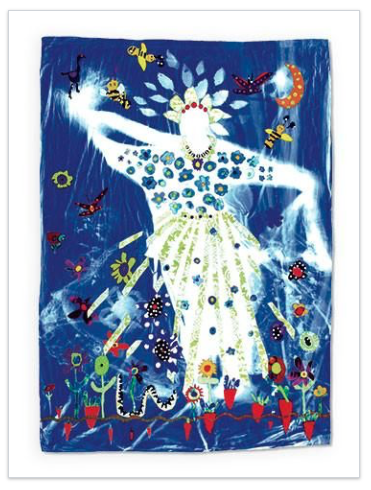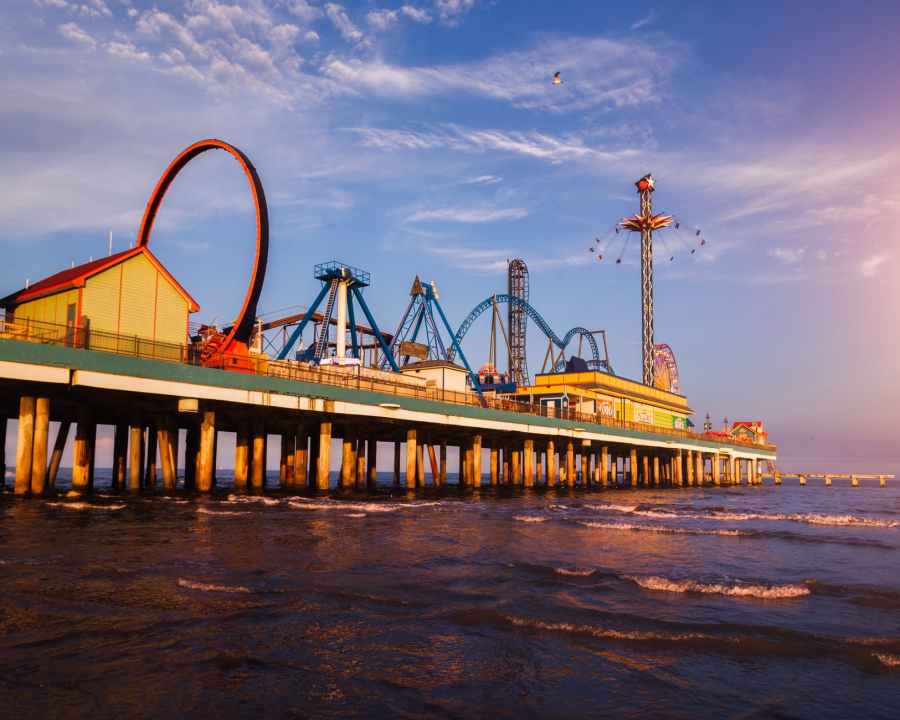By Stephen Dunn
Featured Art: A Family Meal by Evert Pieters
As usual, we were trying to please each other,
so Ryan told a story about a water buffalo,
a lion, and a crocodile, which reminded
Julie about a coyote and a groundhog, and
I could not help but offer my favorite of
this kind—involving the tarantula
and its natural enemy the digger wasp. The
problem was that each story was true,
therefore that much more difficult to tell,
and each had in it an element of the fabulous,
and therefore the promise of a moral.
Linda, the contrarian, asked us if we had heard
the one about the priest and the rabbi,
but was booed, and kept quiet for a while.
In each story an animal was in danger, one
always slightly more sympathetic
than another. The water buffalo rescued
her injured calf from first the crocodile
then the lion, the coyote got bored
with the groundhog and returned to the woods,
and the tarantula just stood there, frozen, while
the digger wasp dug its grave.
Ryan and Julie selected their details well,
paced and arranged them, as I hope I did,
and it wasn’t that our intent was to avoid
a moral, but that there was none to be had,
this being nature we were talking about
with its choiceless whims and atrocities.
Linda, of course, said she forgave none of it.
Read More



















